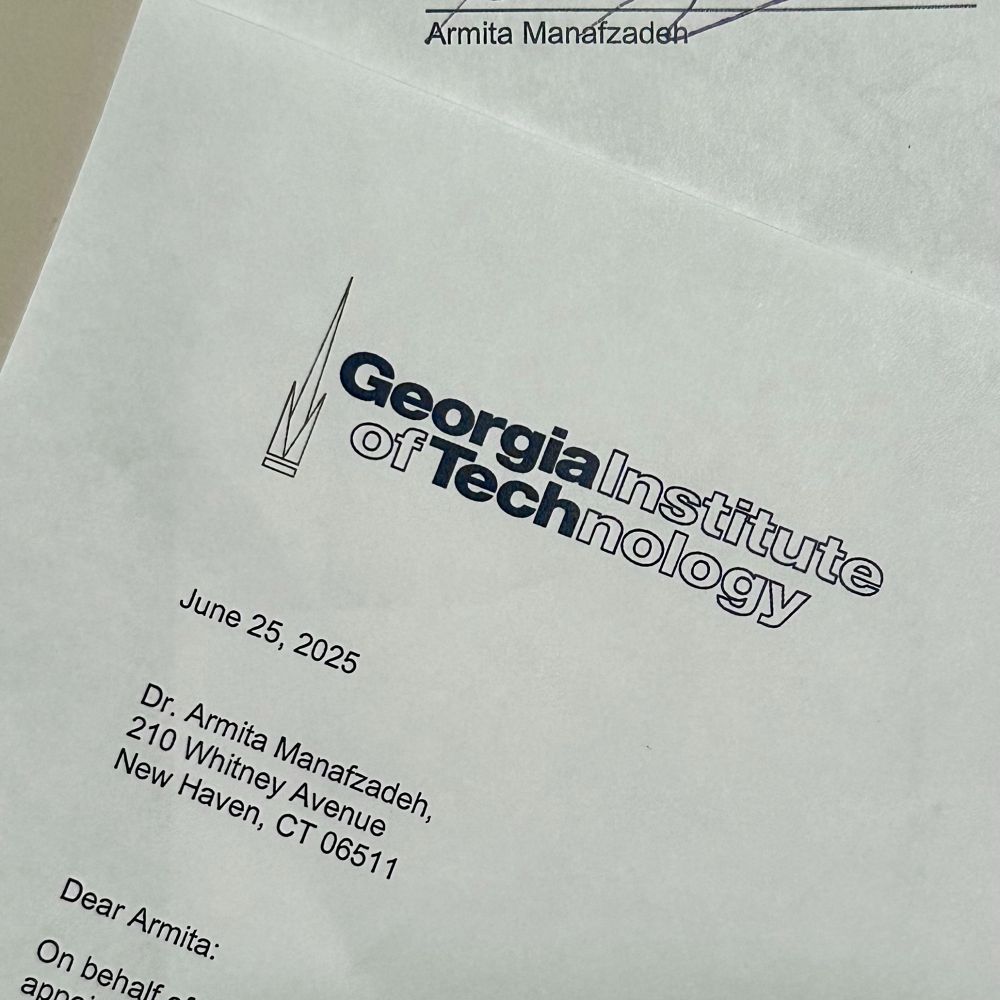Georgia Tech College of Sciences
@gtsciences.bsky.social
63 followers
58 following
35 posts
We are scientists and mathematicians developing leaders and exploring solutions to improve the human condition and create a better world. https://cos.gatech.edu/
Posts
Media
Videos
Starter Packs
Reposted by Georgia Tech College of Sciences
Reposted by Georgia Tech College of Sciences
Reposted by Georgia Tech College of Sciences
Reposted by Georgia Tech College of Sciences
Reposted by Georgia Tech College of Sciences
Reposted by Georgia Tech College of Sciences
Reposted by Georgia Tech College of Sciences























